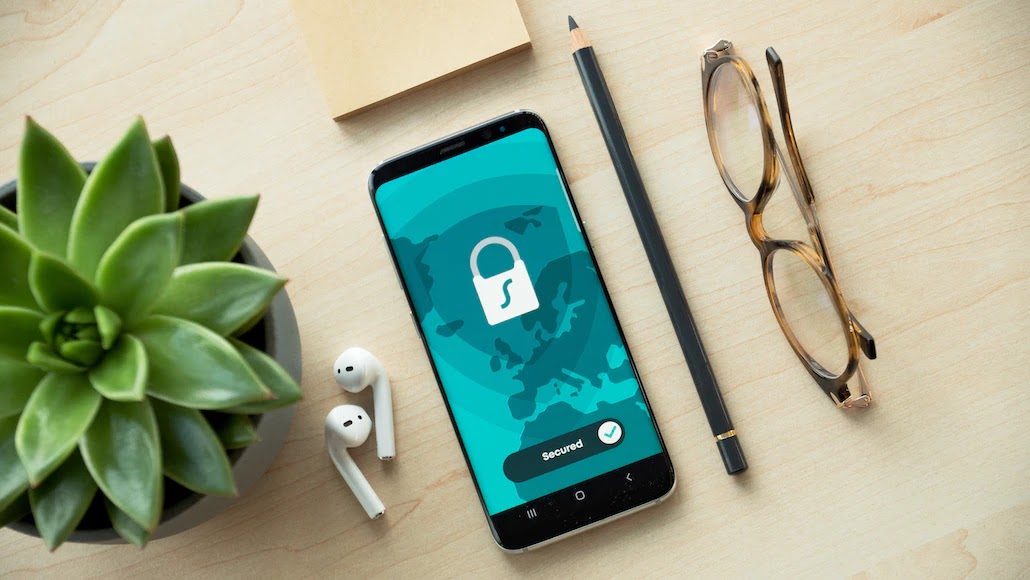Here are some tips on how to protect your identity and your finances from fraud:
- Keep your Social Security number safe. Do not share your Social Security number with anyone unless you are absolutely sure that they need it. Never give out your Social Security number over the phone or online unless you are dealing with a reputable company.
- Shred financial statements and other documents. When you are finished with financial statements and other documents that contain personal information, shred them so that they cannot be read by someone else.
- Be on guard on the internet. Be careful about what information you share online. Do not click on links in emails or on websites unless you are sure that they are legitimate. Do not open attachments in emails unless you are sure that they are safe.
- Use strong passwords. Use strong passwords for all of your online accounts. A strong password is at least 8 characters long and includes a combination of upper and lowercase letters, numbers, and symbols.
- Store your personal information in a secure location. Keep your Social Security card, birth certificate, and other important documents in a safe place where they cannot be easily stolen.
- Monitor your bank accounts and credit reports regularly. Check your bank accounts and credit reports regularly for any unauthorized activity. If you see anything suspicious, report it to your bank or credit card company immediately.
- Be aware of the latest scams. There are many different types of scams that can be used to steal your identity or your money. Be aware of the latest scams and how to protect yourself from them.
By following these tips, you can help to protect your identity and your finances from fraud.
Here are some additional tips that you can follow to protect your identity and your finances from fraud:
- Use a credit freeze. A credit freeze is a free service that allows you to restrict access to your credit report. This can help to prevent identity thieves from opening new accounts in your name.
- Get a security freeze. A security freeze is a more comprehensive service than a credit freeze. It allows you to restrict access to your credit report and your other personal information.
- Sign up for fraud alerts. You can sign up for fraud alerts with the three major credit bureaus. This will put a notice on your credit report that tells creditors to take extra steps to verify your identity before opening new accounts in your name.
- Be careful about what information you share on social media. Be careful about what information you share on social media. Identity thieves can use this information to learn more about you and to target you with scams.
- Keep your software up to date. Keep your software up to date, including your operating system, web browser, and antivirus software. This will help to protect your computer from malware that can be used to steal your identity or your money.
- Be aware of the signs of identity theft. Be aware of the signs of identity theft. These signs can include unauthorized charges on your credit card, bills for services you did not order, or a drop in your credit score.
If you think you may have been a victim of identity theft, there are steps you can take to protect yourself. You can report the identity theft to the police and to the three major credit bureaus. You can also place a fraud alert on your credit report and get a credit freeze.










No comments
Post a Comment